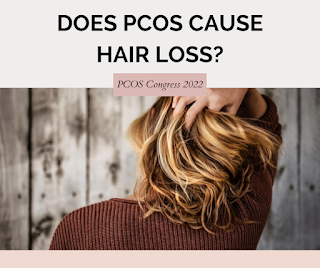Is PCOS a lifestyle disorder?
PCOS is definitely a lifestyle disorder. Diabetes, heart disease, infertility, gynaecological malignancies, hypertension, depression, and gestational diabetes are just a few of the long-term health concerns that can result from the condition.
PCOS
(Polycystic Ovarian Syndrome) or PCOD (Polycystic Ovarian Disease) is a
widespread condition among the younger age, affecting almost 10 million
individuals worldwide. Its global prevalence ranges from 2.2% to 26%, and one
out of every four young women in India is thought to have PCOD, according to
the latest figures. According to reports, the sickness affects city dwellers
more than rural dwellers, implying that as we grow more educated and increase
our socioeconomic standing, we would become unhealthier.
THINGS
TO DO
- Include 30 minutes of exercise five times a week in your everyday routine.
- Consume a well-balanced diet rich in high-fibre foods to combat insulin resistance.
- At least an hour before night, turn off all electronics.
We may
believe we are eating well and healthily, yet PCOS patients may be severely
nutritionally deficient owing to persistent underlying inflammation and metabolic
problems. Vitamin D (nearly 67 to 85 percent of women with PCOS are
deficient), Vitamin B12, zinc, magnesium, and folate are the five nutrients
most typically lacking in women with PCOS. It's also crucial to drink adequate
water throughout the day.
Maintaining
a regular sleep routine is essential. Get eight hours of sleep, and turn off
all electronic devices at least an hour before bedtime. This will undoubtedly
result in a restful night's sleep.

.png)

Comments
Post a Comment